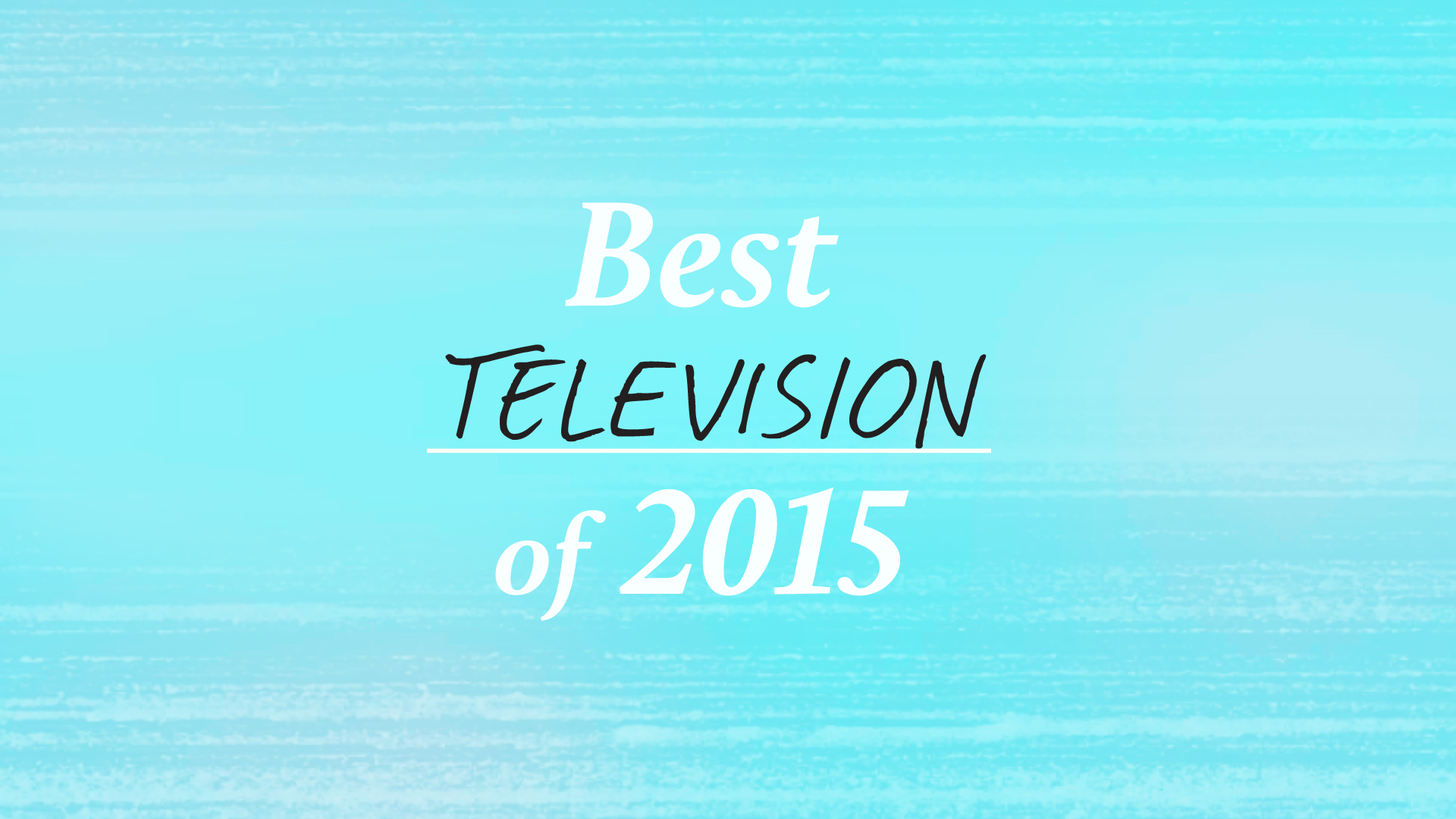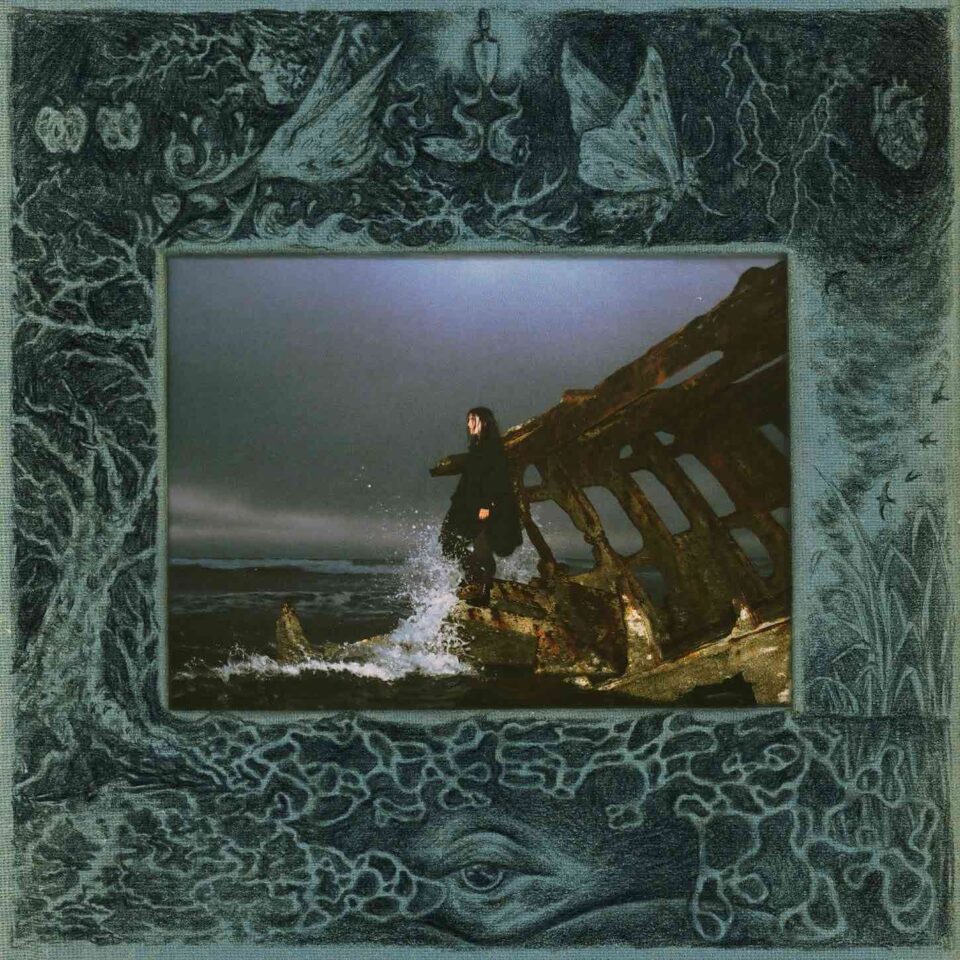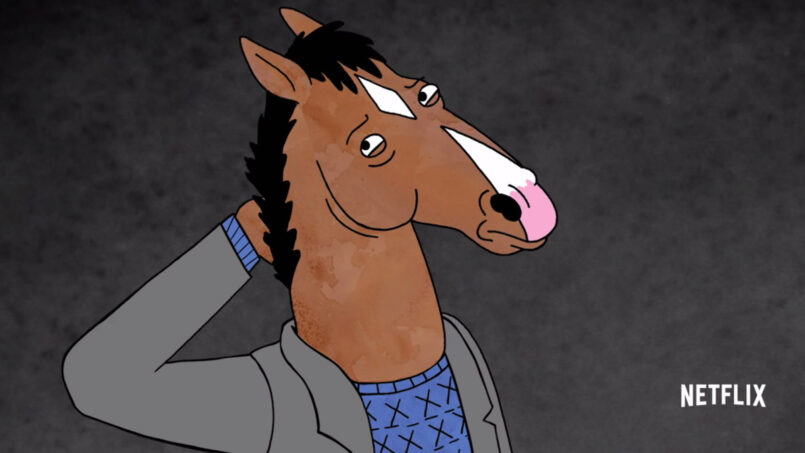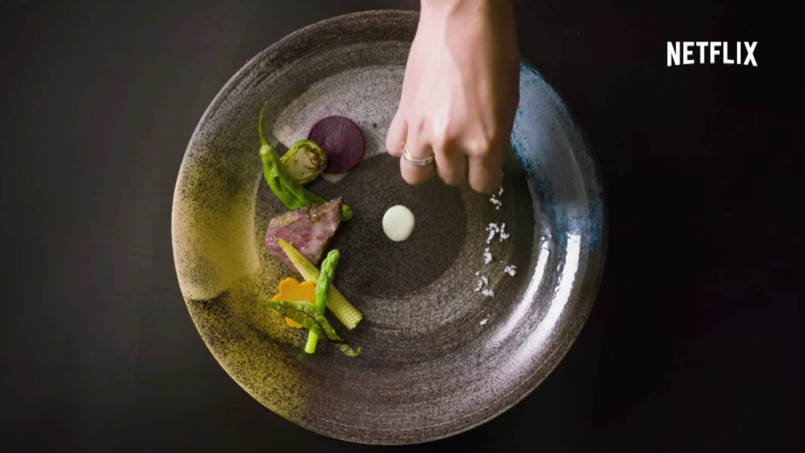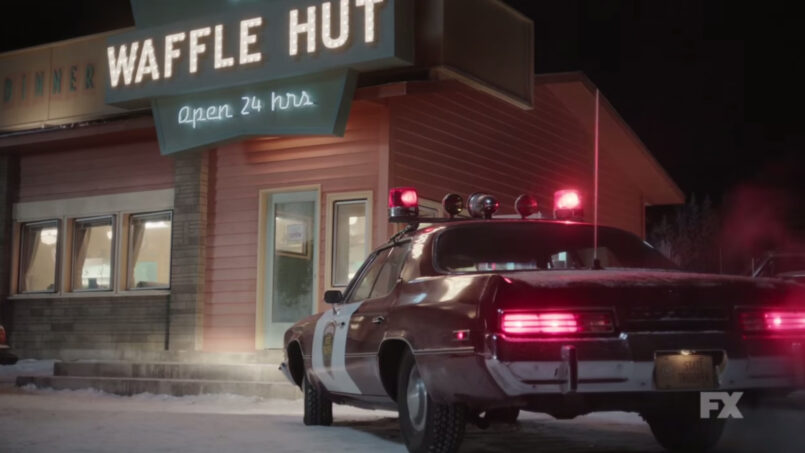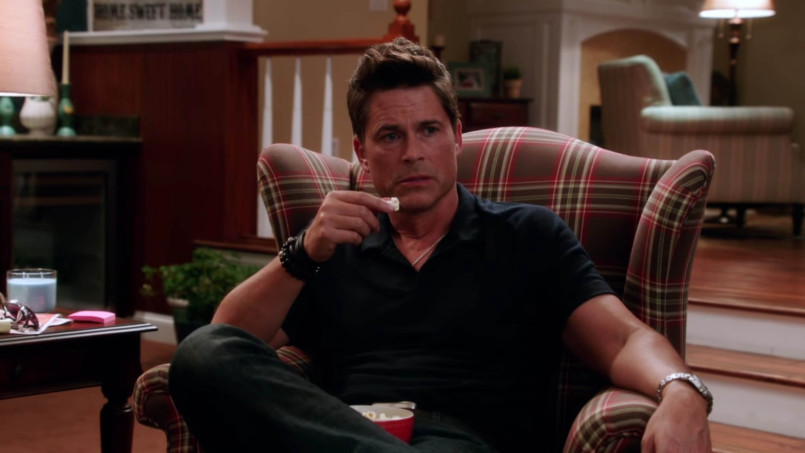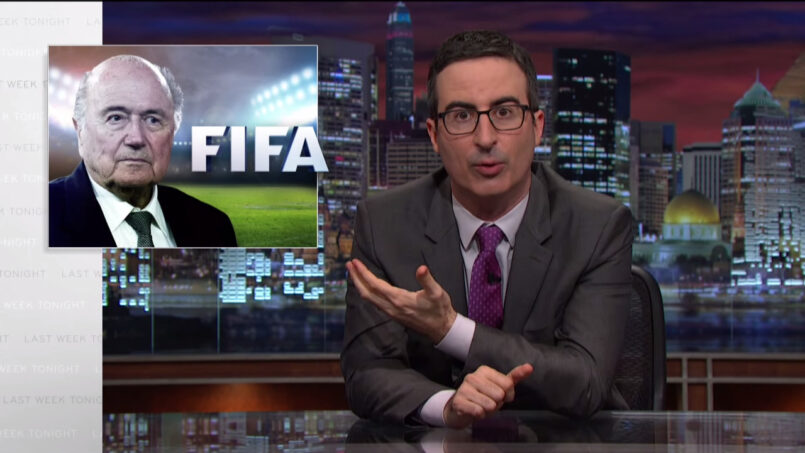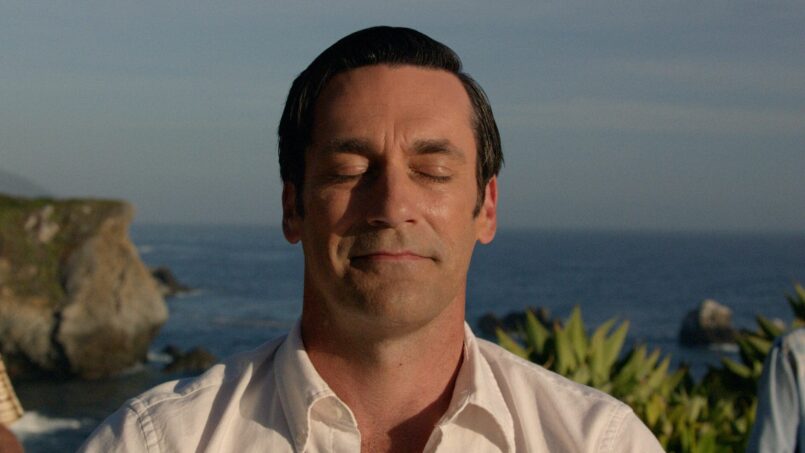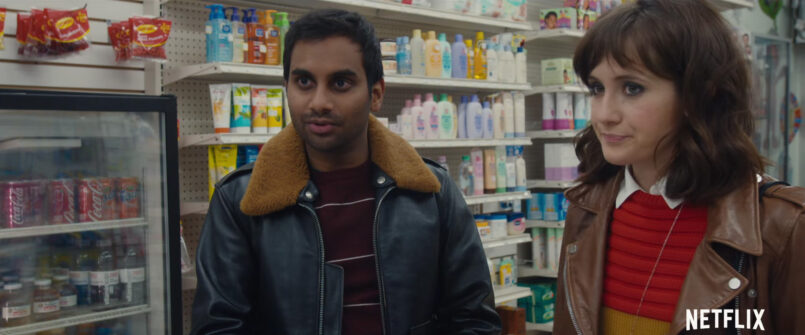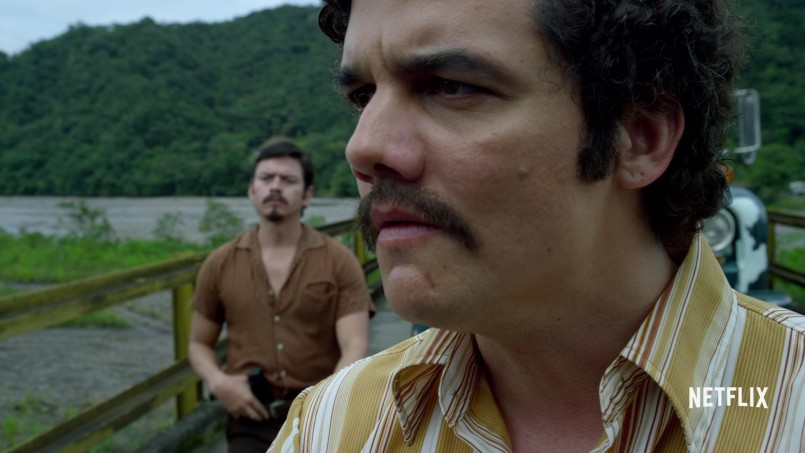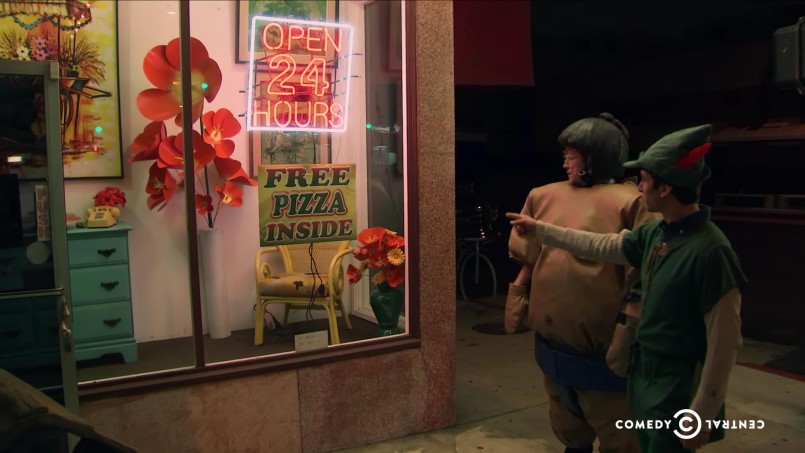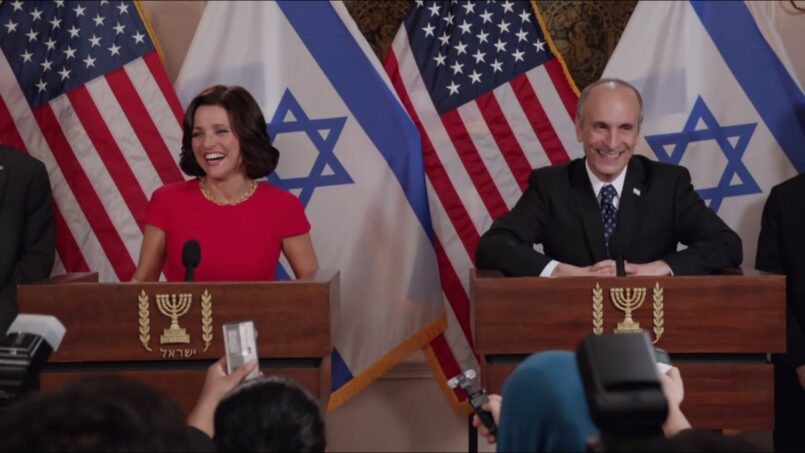The days of thinking as TV as a mind-numbing and pointless enterprise died a long time ago. In fact, in 2015, it’s easy and even banal to make the case that there is no medium more important, no popular art form more progressive, than the television series. We now turn to TV for the same things we used to turn to novels for: to learn what everyday life was like in Pablo Escobar’s Colombia, to help us imagine what it might be like to eat the greatest meal in the world, to dive so deep into another era that it begins to affect the way we think about our own.
Of course, anyone who bought a cowboy hat after watching Bonanza will tell you that TV’s ability to make us long for different worlds isn’t anything new. What is new is the way we experience it. After fundamentally changing the way we consume television, Netflix went out and hired people to make shows worth bingeing on. While we’re just as beholden to the months-long suspense of the traditional TV release model as anyone else, those four-hour excursions into other worlds leave us with a pleasing vertigo. No surprise, then, that the streaming network is responsible for quite a few of our favorite series of the year.
There was a lot to love on the small screen in 2015; here are our picks for the ten best shows.
If the only thing BoJack Horseman had going for it was its high jokes-per-minute rate and Will Arnett’s stark and ennui-filled take on the titular character, it would still earn its place on this list. But BoJack goes far beyond what you might expect from your average existentialist-talking-horse narrative. The Hollywood—whoops, that’s Hollywoo—in which BoJack, Todd, and Diane find themselves is drawn in vivid detail. It’s a place where J. D. Salinger is not only alive but is also producing his own reality TV show, where the complicated relationship between civilians and the military is personified by a former Navy SEAL who is himself a seal (and who is named Neal McBeal). In BoJack Horseman, actions have consequences and the past is not easily erased. Not bad for a stoner comedy about a talking horse. — Marty Sartini Garner
Click here to read our FLOOD 2 cover story on BoJack Horseman.
We have reached peak #foodporn. Blame it on the guy gramming his ribeye at the table next to you, or blame it on the glut of food-adjacent shows clogging your cable subscription’s arteries (shoutout to MasterChef Junior, though), but these days you can’t go ten minutes without being confronted with someone’s dinner creation. So you’d be forgiven for thinking that the last thing you need is to spend six hours of your life watching slow tracking shots of women and men carefully constructing meals you’ll never get to eat. And you’d be exactly wrong. Netflix’s Chef’s Table was created by David Gelb, who directed the fantastic 2011 documentary Jiro Dreams of Sushi. Gelb’s series takes us beyond the kitchen and deep into the lives of six of the world’s best chefs, exposing the thoughtful research and happy accidents that go into the creation of their greatest dishes. Using the same gorgeous cinematographic techniques that made Jiro eminently compelling, Chef’s Table takes us to the winding streets of Italy, the marshes of Patagonia, and the forests of Sweden to highlight the leading edge of cuisine. There’s nothing obscene about that. — MSG
The first season amazed by living up to its cinematic forefather; this one dazzles by living up to its immediate predecessor, and perhaps even bettering it with a crime story Shakespearean in its scope. Season two of Fargo was awash in humor, heartache, and Coen-adjacent weirdness, and it was all presented with ample style and swagger. Crazier shit happens in this show’s second season than would even make the writer’s table at just about any other “realist” TV series, and you can’t help but sit riveted the whole time—because Noah Hawley’s show has earned enough trust to pull off just about anything. — Josh Hurst
Click here to read our interview with Fargo‘s Bokeem Woodbine.
I’m not sure what The Grinder is, and I’m not totally convinced The Grinder even knows what The Grinder is. Sitcom? Surreal parody of a sitcom? Something that falls somewhere between the two, sometimes frenetic and sometimes entirely at ease? Written like it could drop off the face of the earth at any moment, and starring Rob Lowe with the kind of self-effacing comedic talent we watched him hone throughout his tenure on Parks and Recreation, The Grinder is the kind of traditional-seeming bit of television that feels preternaturally bound at any moment—co-produced as it is by Sean Clements, co-host of the absurd Hollywood Handbook podcast—to go full-tilt into crazy. Plus, it’s always nice to welcome back Fred Savage to the fold. — Dom Sinacola
Who would have guessed that in the span of one year, The Daily Show would become an uncomfortable clone of itself and the new mantle for left-leaning comedy would transfer to the show once thought to be a knock-off? When former Daily Show correspondent John Oliver began his own weekly recap of current events, he took his former boss Jon Stewart‘s “I’m-mad-as-hell” delivery, added some premium cable profanity for good measure, and applied the format to in-depth investigations away from the news cycle, with subjects ranging from fantasy sports to faulty sex education. Plus, his sketches and stunts allow for viral-worthy satire (like Oliver’s hilarious parody of untaxed, profit-mongering televangelists, the pop-up church Our Lady of Perpetual Exemption), so you don’t need an HBO subscription to enjoy the uncompromising commentary—your liberal friends on social media will share all the highlights. — Eric Stolze
Mad Men’s final seven episodes were recollections of key past moments that drove some of the most interesting and complex characters on television to the end of a defining era and into a promising future. It was a season that conjured a whole mess of old haunts for our favorite characters but ultimately tied their stories up in deeply satisfying ways. It may have forced Don Draper to face uncertainty, emptiness, and isolation, but he emerged from it with a sly, harmonious smile and an inspiring vision—brought to you by Coke. — Alejandra Gomez
Click here to read our feature about the series finale of Mad Men.
If you’ve ever wondered how freelance hipster-types have enough money to buy high-end menswear despite insisting on drinking Pabst Blue Ribbon, then Master of None has absolutely no answers for you. Instead, through the minor-key travails of New Yorker Dev (Aziz Ansari)—the clever mouthpiece for both upper-middle-class urbanism and the immigrant experience too often left out of such commonplace stories—Netflix’s mannered sitcom dramedy is a note-perfect dissection of the modern nothingness to which we set our efforts every single day. If you can get past how someone in his situation has such an incomprehensibly nice apartment in New York, then you’ll find Ansari’s dependably great stand-up fleshed out into one wonderful, even touching, moment after another.
I tend to avoid biopics like the plague, so why I would gravitate towards a bioseries is somewhat inexplicable. But in the case of Narcos—which has the nerve to present itself as a historical bioseries no less—it’s turned out to be a true blessing. Not exactly working with the single most groundbreaking idea for a show (Vincent Chase says hi), co-creators Chris Brancato, Carlo Bernard, and Doug Miro have here used ten binge-worthy episodes to gracefully chronicle the absurd saga of Pablo Escobar: a one-time Robin Hood–type figure in Colombia, and the central player during cocaine’s rise in the classy/tacky shitstorm that was the 1980s. Sounds straightforward, but I assure you it’s not. Distorting historical perception happened to be a specialty of Escobar, thus making a linear unraveling of his exploits a legitimate thematic asset to work with. Plus, Wagner Moura (playing Escobar) and Boyd Holbrook (playing DEA Agent Steve Murphy) have excellent mustaches. — Nate Rogers
Season three of Nathan For You finds host Nathan Fielder constructing intricate schemes to help struggling businesses that are ridiculous (bringing in a live alligator to protect TVs in an electronics store), potentially traumatizing (installing a soundproof “rocket ship” for kids to chill in while their parents have hotel sex) and conceptually stunning (see the Charlie Kaufman-esque “Smokers Allowed”). Each episode escalated the absurdity, but the character Fielder creates—awkward, lonely, starved for affection—is the real draw, and as his plans grow increasingly more complex, he elevates them beyond pranks into surreal comedic art. — Jason P. Woodbury
If House of Cards staggers in its portrayal of political menace, Veep horrifies in its perfect rendering of fathomless ineptitude. It says something (probably unflattering) about human nature that this band of idiots is more recognizably human than any Underwood, and it says plenty about Veep that its ambitious fourth season was its best yet—not just because of how brilliantly Hugh Laurie folded into the cast or even because of the ballsy cliffhanger ending, but because—God help us—we’re actually starting to care about these fools. — JH
Click here to read our FLOOD 1 cover story on Veep.

